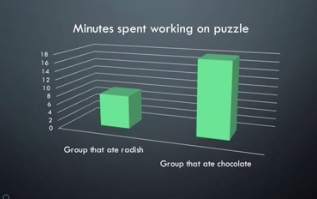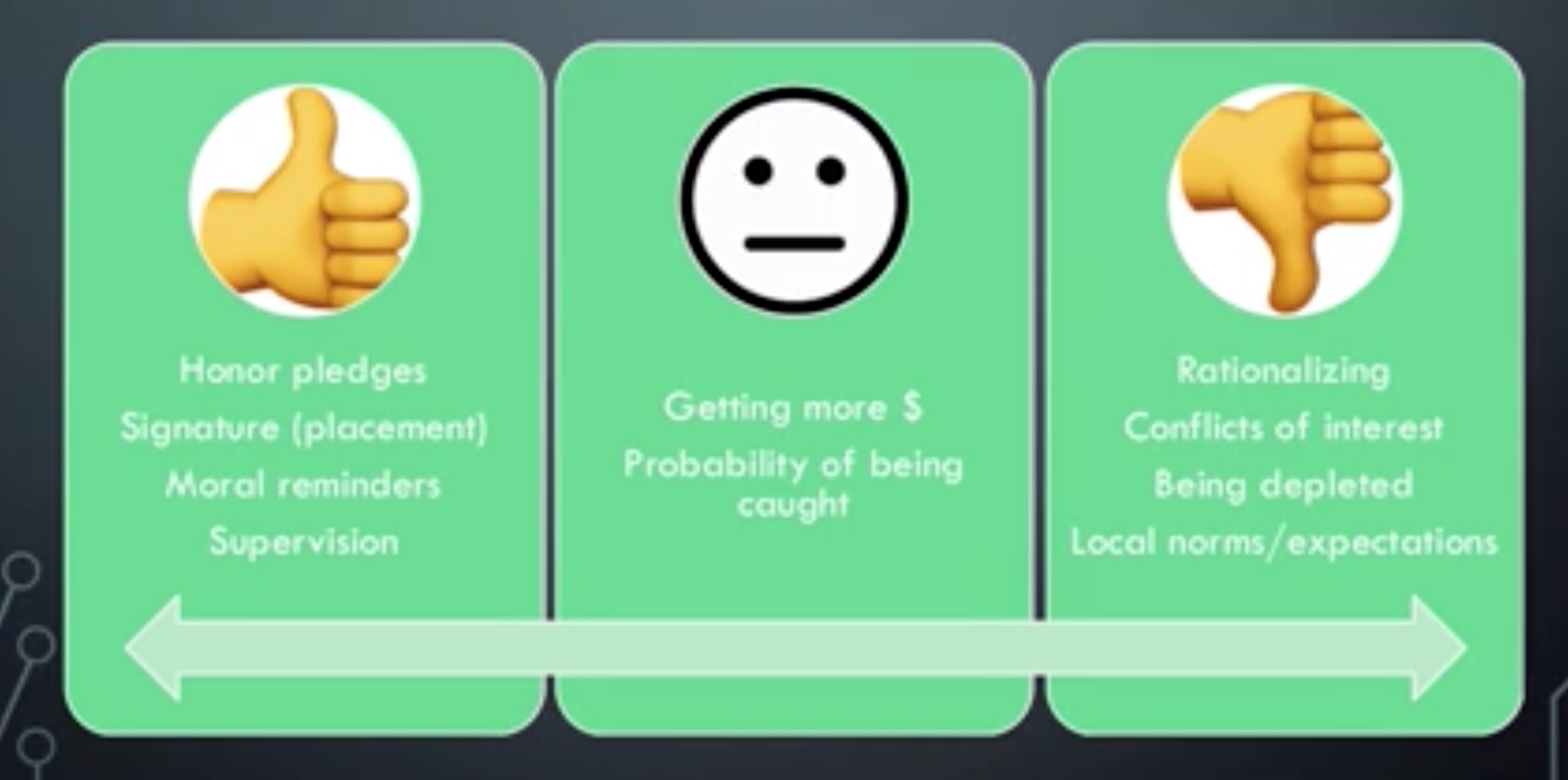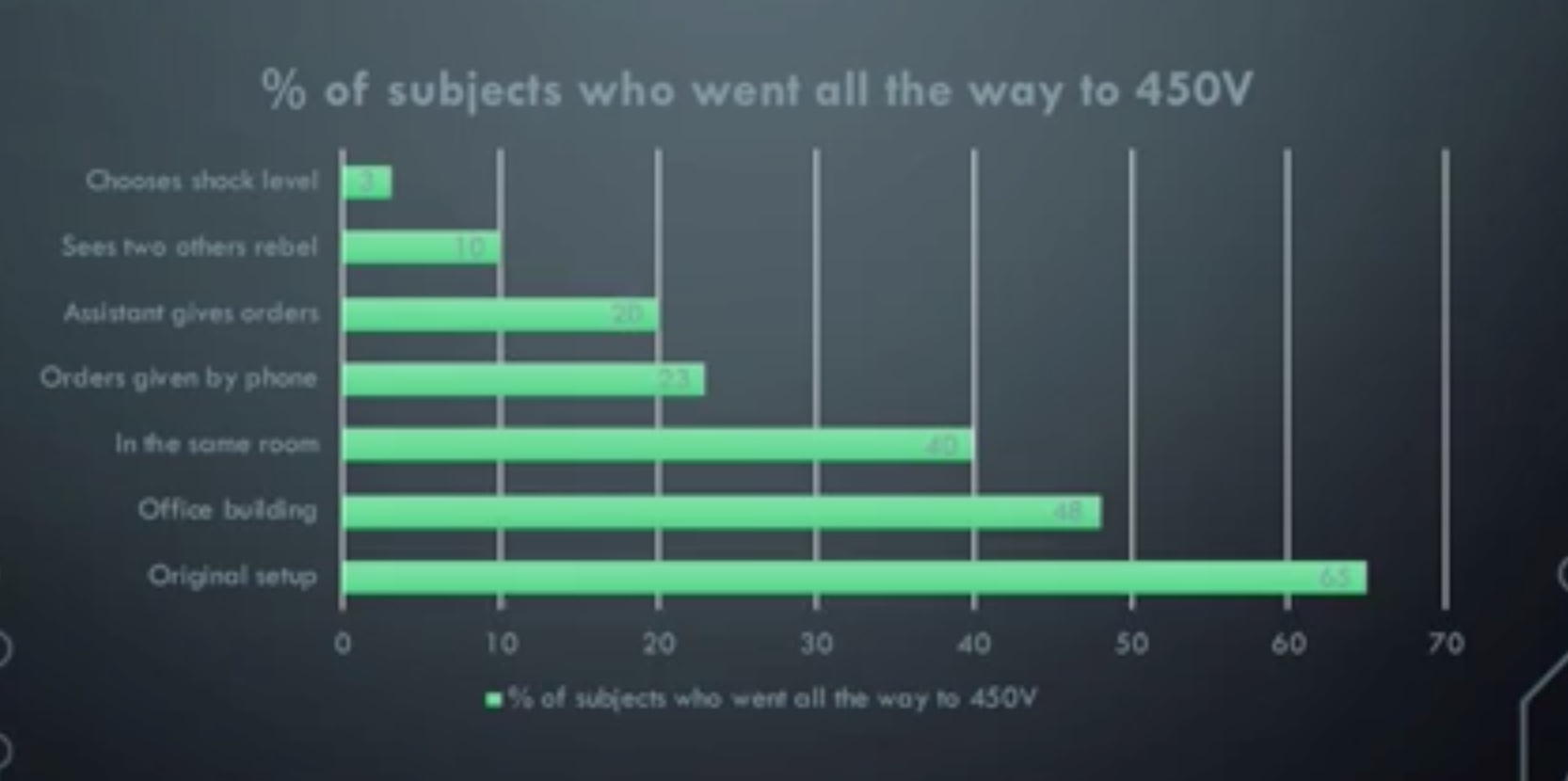How to be a better person #
How can we manage for better behavior? #
- Successful morality interventions need to be based on the correct model of moral psychology.
- The way to induce better behavior depends on how people make decisions.
Moral psychology #
- A study to determine how people (fail to) make moral decisions. Behavioral ethics.
- Distinct from normative ethics: a study to determine what the moral (i.e., morally right and morally wrong) decision is.
Behavioral questions #
- What motivates good/bad behavior?
- Why do people act badly?
- Why aren’t we better?
- (Why aren’t we worse?)
Four models #
- Rational egoists
- Confused do-gooder
- Blind spots
- Weakness of will
Rational egoist model #
- People are smart and selfish
- Smart: rational, effective in taking the most efficient means to secure their end.
- Ends? Their own.
- People act badly when they can ‘get away with it."
How do you get rational egoists to act better? #
- Make good behavior pay; make bad behavior costly. Don’t subsidize bad behavior.
- Better question: are people rational egoists?
- Consider ultimatum games
People do have tendencies associated with rational egoists #
- Things that effect performance in ultimatum games
- Meeting the receiver beforehand
- Seeing the receiver
- (Perceived) characteristics of the players
Confused do-gooder model #
- People want to do the right thing
- But they’re often unsure what that is
- Can’t reason their way through the dilemma.
We just need more ethics training? #
- Confused do-gooder model might be based on a false assumption.
- People will recognize a moral issue or dilema when confronted with it.
- Can we train people to recognize this?
Blind spot model #
- Wrongdoers aren’t aware they’re in a dilemma.
- They’re unaware of the relevant moral issues that are at stake.
- They go through situations on autopilot.
- The Lake Wobegon Effect
Weak willed model #
- I know its wrong,
- I don’t really want to do it, but
- I just can’t stop myself.
- Ego depletion: willpower is like a muscle that gets tired from use, and hard to use effectively when its tired.
Ego depletion experiments #

Horrifying real life experiments include favorable positions vs time throughout a day for a judge.
What affects behavior? #

Milgram variations #

Another variation #
If the subjects were told that the test was supposed to test their own moral will, most subjects wouldn’t shock them at all.